Sunglasses in Forest Hills, NY 11375
Style Meets Eye Protection
At Austin Optics, we offer a wide selection of sunglasses in Forest Hills, NY — from prescription sunglasses to designer frames, polarized lenses, and UV protection styles. Whether you need shades for driving, sports, fashion, or sensitive eyes, our opticians help you find the perfect pair to match your vision needs and personal style.
Sunglasses are more than just an accessory — they protect against harmful UV rays, glare, and blue light while keeping you comfortable outdoors. Patients across Queens and NYC trust Austin Optics for fashion-forward and functional eyewear that enhances both vision and lifestyle.
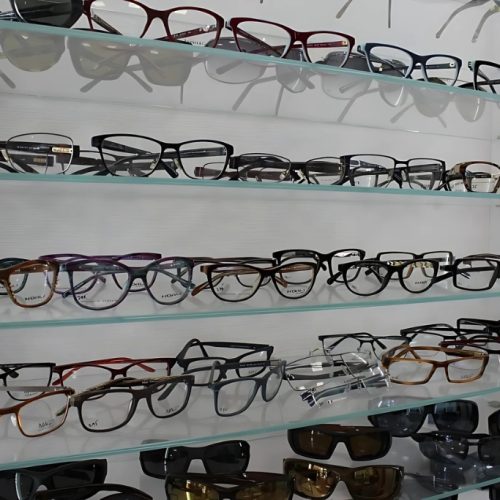
Explore our collection today (718) 261-8655 | Forest Hills’ trusted optical experts
Why Choose Austin Optics for Sunglasses?
- Wide range of designer and fashion sunglasses
- Prescription sunglasses available in all styles
- Polarized lenses to reduce glare for driving, fishing, and outdoor activities
- UV400 protection for maximum eye health
- Convenient Forest Hills location with personalized service
How Sunglasses Support Your Vision
Quality sunglasses go beyond looks — they safeguard your long-term vision. At Austin Optics, we provide
- Prescription Sunglasses: Custom lenses so you can see clearly without switching between glasses and shades.
- Polarized Sunglasses: Reduce glare on roads, water, and snow — ideal for driving, boating, and outdoor sports.
- UV400 Sunglasses: Block 100% of UVA and UVB rays to prevent eye damage and early signs of cataracts.
- Designer Frames: Stylish options from trusted brands, crafted for both comfort and durability.
- Sports Sunglasses: Wrap-around styles for athletes, protecting eyes from impact, sunlight, and wind.
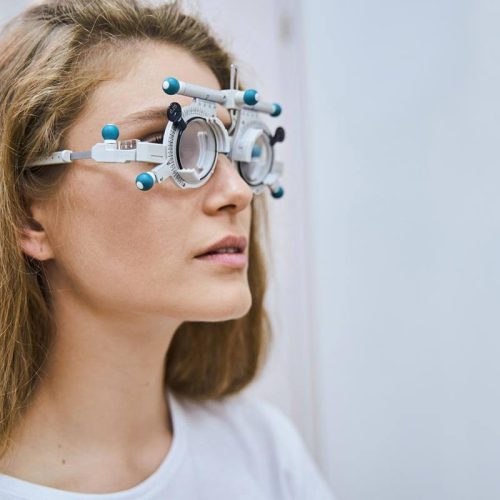
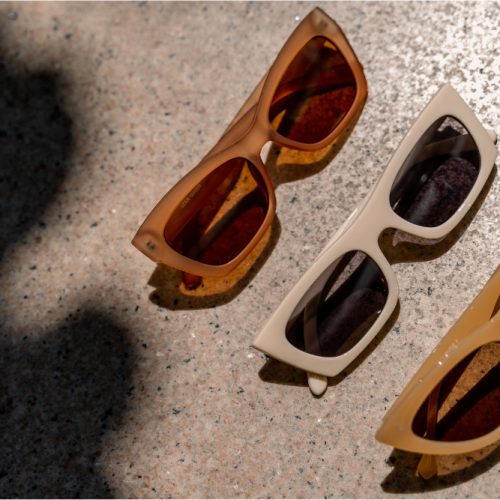
Patients often Ask
- What are prescription sunglasses?
- Are polarized lenses better than mirrored?
- Can I wear prescription sunglasses while driving?
Our opticians guide you through lens types, coatings, and frame selections, ensuring you leave with sunglasses that protect your vision and match your lifestyle.
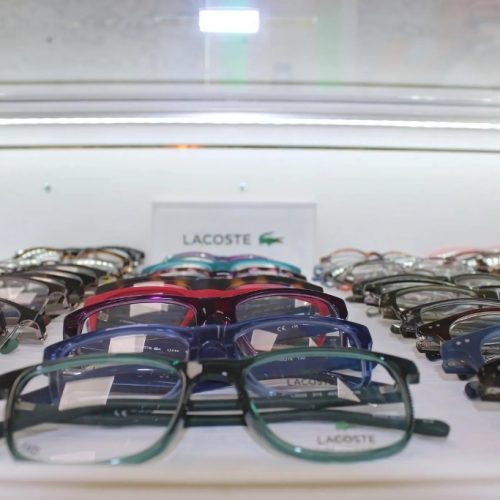
Sunglasses We Offer
- Prescription sunglasses for everyday use
- Polarized lenses for driving, boating & fishing
- UV400 sunglasses for outdoor protection
- Sports sunglasses & wrap-around frames
- Designer fashion sunglasses in Forest Hills
- Blue light & clear lens sunglasses for digital use

Who We Serve
- Local families looking for affordable eye protection
- Professionals needing prescription sunglasses for daily use
- Outdoor enthusiasts, drivers, and athletes
- Patients with sensitive eyes requiring specialized UV protection
- Queens & NYC residents seeking fashion-forward eyewear
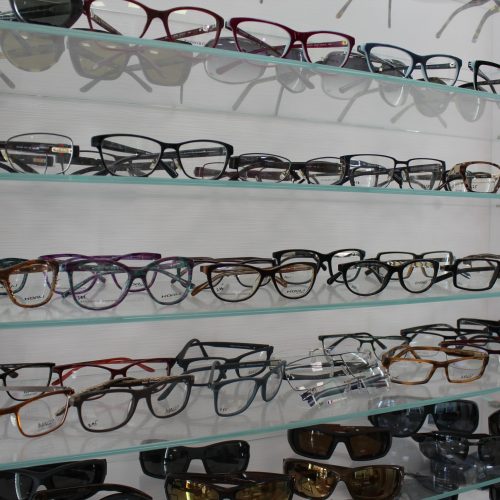
Why Patients Choose Austin Optics
- Trusted Forest Hills neighborhood optician
- Wide variety of prescription & non-prescription sunglasses
- Expert fittings for comfort, style, and UV protection
- Insurance accepted with transparent pricing
- Central Queens location near transit and shopping
Protect Your Eyes in Style
Discover your perfect pair of sunglasses in Forest Hills, NY today. Whether you need prescription shades, polarized lenses, or designer eyewear, Austin Optics has the right fit for your vision and lifestyle.

